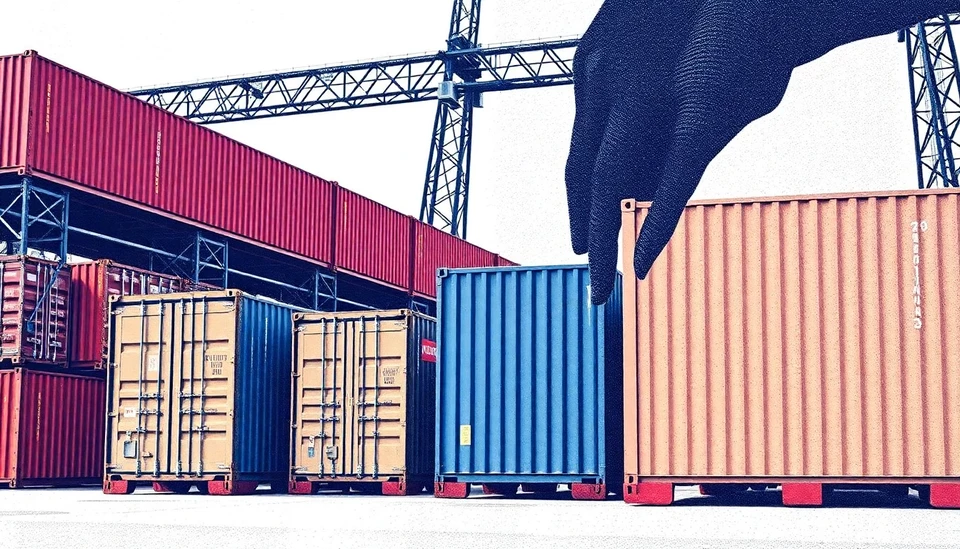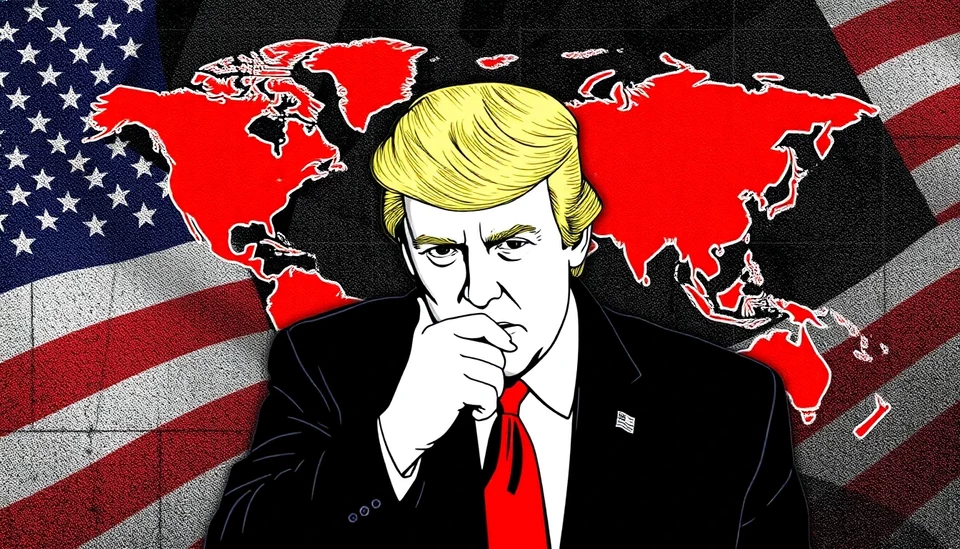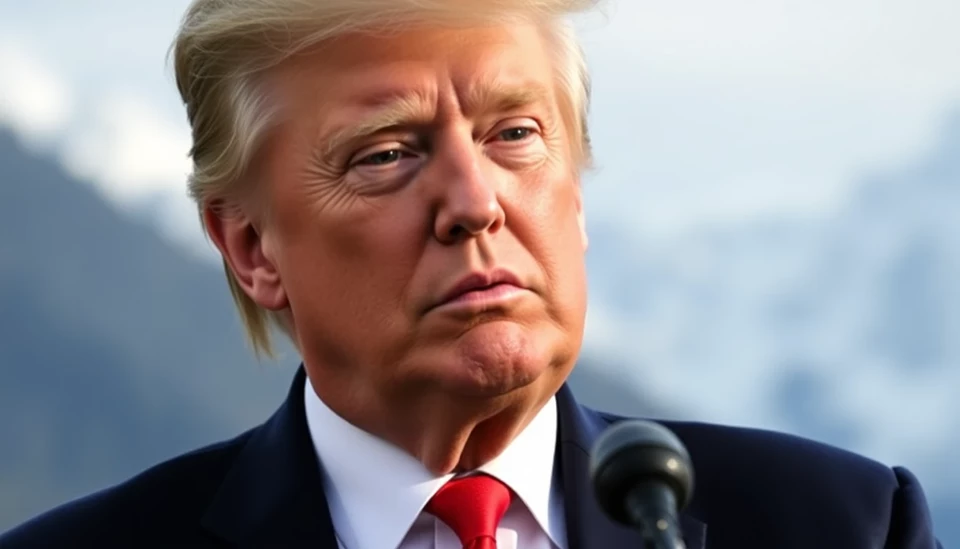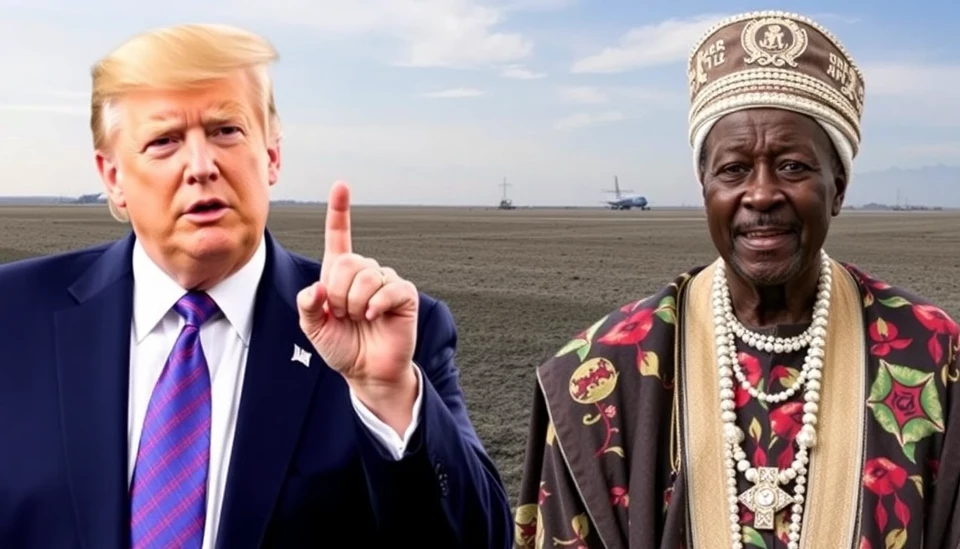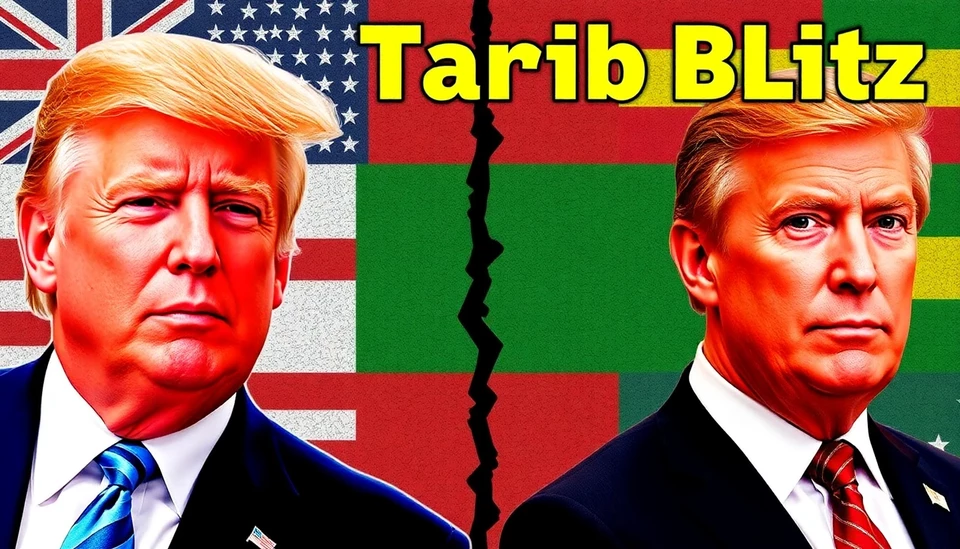
In a surprising shift from diplomatic engagement to aggressive trade policy, former President Donald Trump has unleashed a new wave of tariffs aimed at various nations that were once considered allies. This drastic move signals a significant change in the landscape of international trade and has left many economic analysts and global leaders scrambling to respond.
The latest tariffs, which notably impact imports from countries such as Canada, Mexico, and the European Union, demonstrate Trump's firm stance on trade balance and the protection of American industries. By placing increased tariffs on a range of products, Trump is attempting to pressure foreign nations into renegotiating trade deals that he asserts have disadvantaged the United States.
Industry insiders suggest that this tariff blitz could have far-reaching repercussions. American consumers may soon feel the pressure of rising prices as import costs climb. Additionally, U.S. businesses that rely on foreign goods and materials may face financial strain as they navigate the heightened costs imposed by these tariffs.
This shift in policy is not without controversy. Supporters of the tariffs argue that they are a necessary measure to safeguard American jobs and stimulate domestic production. However, critics warn that such protectionist measures may provoke retaliatory actions from affected countries, potentially igniting a trade war that could harm the global economy.
Former allies, now potential adversaries, have already started to react. Canadian officials have expressed their concerns, stating that they are reviewing options to counter these tariffs, while European leaders have emphasized the importance of maintaining a cooperative trade relationship with the United States. The implications of this tariff strategy reverberate beyond borders, as it could reshape alliances and economic partnerships worldwide.
As Trump continues to assert his policies and rally support from his base, the implications of these tariffs remain uncertain. Economic analysts warn that the future of U.S. trade relations may hinge on how these nations choose to respond. Will they yield to the pressure of increased tariffs, or will they stand firm, leading to unprecedented tensions on the global stage?
In conclusion, Trump's latest tariff initiatives represent a bold, if risky, strategy that could redefine the future of international trade. With the potential for escalated conflicts and shifting alliances, the world watches closely as this story continues to unfold.
#TrumpTariffs #TradeWar #Economy #InternationalTrade #GlobalEconomy #TradeRelations
Author: Laura Mitchell
